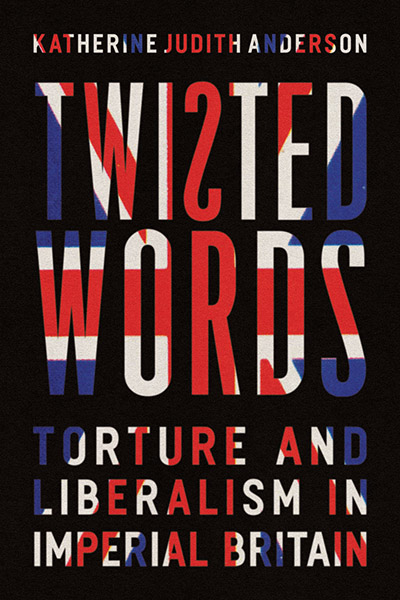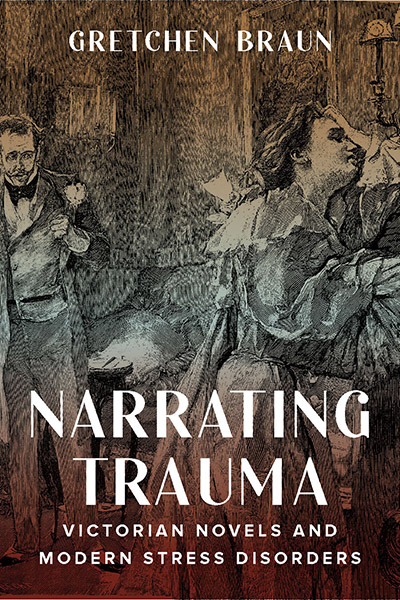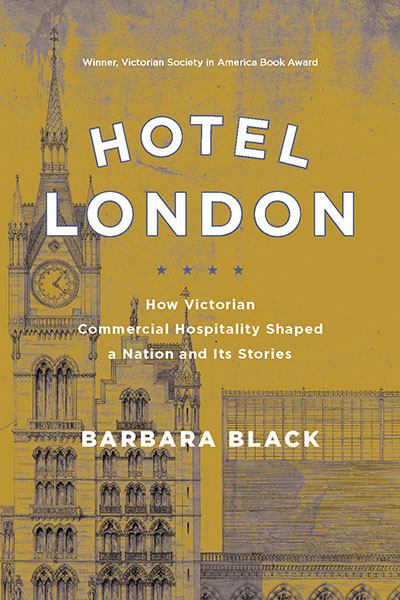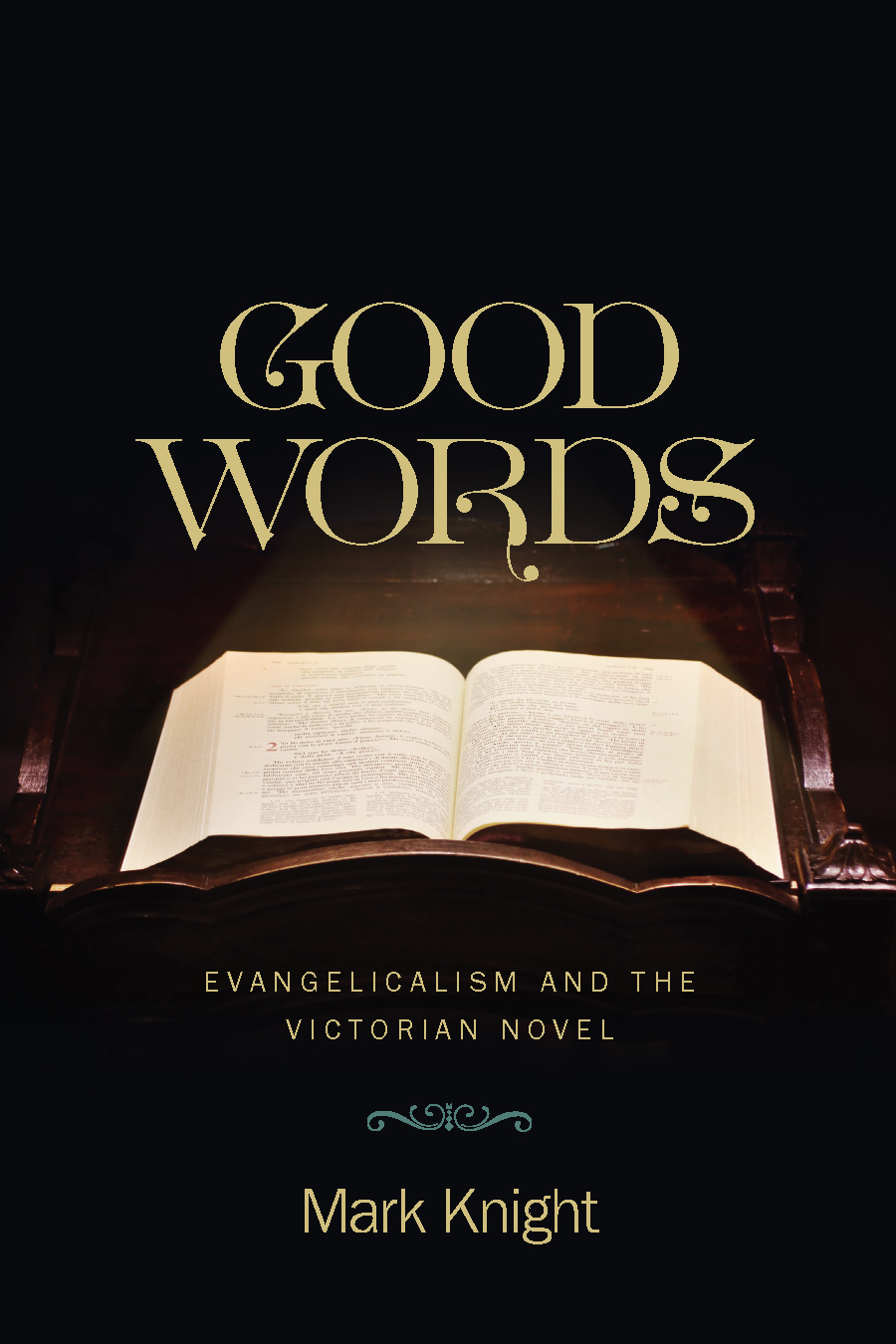“An ambitious and wide-ranging monograph that will be of interest to many scholars working on liberalism, violence, empire, and readerly experience in nineteenth-century literature and culture.” —Rachel Ablow, Nineteenth-Century Literature
“In this innovative and original study, Katherine Judith Anderson explores the intimate entwinement, and evolution of, torture … Will prove of value to scholars in a wide range of disciplines.” —Deana Heath, Critical Studies on Terrorism
“Twisted Words is impressive in its interdisciplinary research and lucid argumentation. Anderson's critical readings of torture scenes in settler colonial fiction are strikingly original and important.” —Sarah Winter, Novel: A Forum on Fiction
“Anderson wants her study to be read as a contribution to further thought, so that we will not be condemned to making the same mistakes over and again. That is a fine end to a fine, scholarly book, reminding us why the study of literature matters. The thoroughness of Anderson’s work is very impressive [...], and it really makes a valuable contribution to Victorian studies.” —A. G. van den Broek, George Eliot Review
“While Twisted Words is groundbreaking in terms of the extraordinarily broad range of literary and non-literary Victorian texts it surveys, its most original feature is its consideration of violence in torture as not sadistic but used to advance the agenda of the state. Scholars of various disciplines will find Twisted Words both provocative and challenging.” —Jarlath Killeen, author of The Emergence of Irish Gothic Fiction: History, Origins, Theories
Twisted Words: Torture and Liberalism in Imperial Britain examines torture across the fiction, periodicals, and government documents of the British Empire in the latter half of the nineteenth century. Placing acts of torture and words about torture in relation to changing definitions of citizenship and human rights, Katherine Judith Anderson argues that torture—as a technique of state terrorism—evolved in relation to nineteenth-century liberalism, combining the traditional definition of exceptional acts of cruelty with systemic, banal, or everyday violence. Analyzing canonical novels by George Eliot, Anthony Trollope, and George Meredith alongside an impressive array of lesser-known fiction through the lenses of critical terrorism studies and political, legal, and phenomenological theory, Anderson rethinks torture as a mode of reclaiming an embodied citizenship and demonstrates how the Victorians ushered in our modern definition of torture. Furthermore, she argues that torture is foundational to Western modernity, since liberalism was, and continues to be, dependent on state-sanctioned—and at times state-sponsored—torture, establishing parallels between Victorian liberal thought and contemporary (neo)imperialism and global politics.
“Anderson’s meticulous analysis and judicious use of interdisciplinary material make Twisted Words a particularly effective monograph in dealing with the nineteenth century’s faults and failures in a way that seeks empathy for and understandings of both its oppressors and victims.” —Alexi Decker, Romance, Revolution & Reform
“Katherine Judith Anderson’s necessary new book Twisted Words: Torture and Liberalism in Imperial Britain carefully examines the rhetoric and realities of torture in the nineteenth-century Anglophone world. … Anderson, by turns attuned to the breakdown of liberalism in the form of torture and alive to the benefits of citizenship under liberal democracy, tells the story of nineteenth-century torture to dramatise its relevance for today.” —Katherine Voyles, Victoriographies
“Anderson’s insightful and thorough use of Victorian periodicals and newspapers, along with other literary and printed historical sources, reveals how torture was imbricated in Britons’ daily lives. … Anderson’s impressive interdisciplinary analysis demonstrates how scholars can benefit from methods of literary analysis and the tools of neighboring disciplines to enrich our understanding of the past.” —Daniel Gorman, The Journal of Interdisciplinary History
Katherine Judith Anderson is Assistant Professor in the English Department at Western Washington University.
Contents
Acknowledgments
Introduction Torture, Terrorism, Liberalism, Citizenship
Chapter 1 Church: Sensory Liberalism and Liturgies of Torture
Chapter 2 Imperial Bureaucracy: Liberal Modernity and the Banality of Empire
Chapter 3 Military: Liberal Citizens Versus Military Habitus
Chapter 4 Family: Gendered Liberalism and Patriarchal Sovereignty
Chapter 5 Settler: Liberal Sovereignty and Vigilante Terrorism
Coda The Way We Liberate Now
Bibliography
Index





